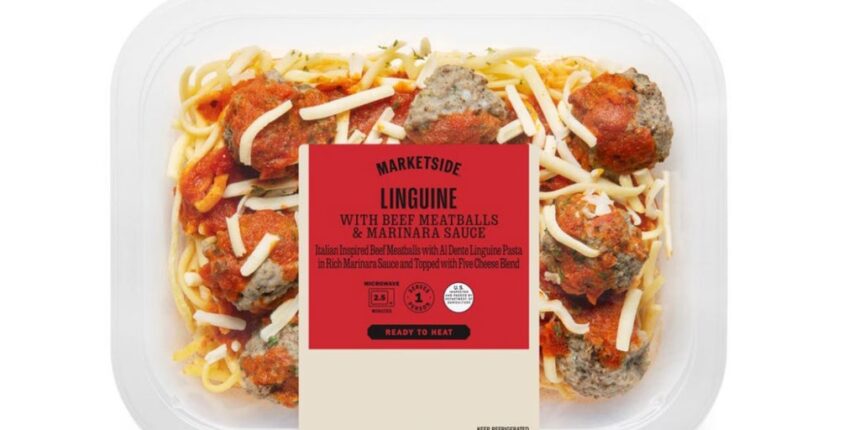As federal health investigators connect the dots between contaminated pasta meals and a multi-state listeria outbreak, Walmart shoppers are being urged to check their refrigerators immediately. The U.S. Department of Agriculture’s Food Safety and Inspection Service (FSIS) has identified Walmart’s “Great Value” heat-and-eat pasta products as the likely source of a bacterial outbreak that has already claimed one life and hospitalized multiple consumers.
The warning, issued earlier this week, targets products manufactured by BrucePac and sold exclusively at Walmart locations nationwide. According to the FSIS, the affected items include multiple flavors of the retailer’s ready-to-eat pasta bowls, which many households rely on for quick weeknight meals.
“These products present a serious health risk, particularly to vulnerable populations,” said Dr. Emilia Kowalski, infectious disease specialist with the Centers for Disease Control and Prevention. “Pregnant women, the elderly, and those with compromised immune systems should be especially vigilant about checking their refrigerators for these items.”
The contaminated products include Great Value Chicken Alfredo Pasta Bowls and Great Value Chicken & Broccoli Pasta Bowls, both with “use by” dates ranging from October through December 2024. While the products were distributed nationwide, the outbreak has thus far been concentrated in several eastern and midwestern states.
Laboratory testing confirmed the presence of Listeria monocytogenes in samples collected from manufacturing facilities and unopened product packages. This particularly dangerous pathogen can cause listeriosis, an infection with symptoms that might not appear until weeks after consumption, making it difficult for patients and healthcare providers to identify the source.
The USDA investigation gained momentum after a pattern emerged from hospital reports across multiple states. One death in Minnesota has been definitively linked to the outbreak, while at least nine other cases required hospitalization, according to health officials.
Walmart has moved swiftly in response, removing the implicated products from store shelves nationwide and issuing a voluntary recall. “The safety of our customers is our top priority,” said Walmart spokesperson Jordan Mitchell. “We’re working closely with health authorities to ensure all potentially affected products are removed from circulation.”
Consumers who have purchased these pasta meals are advised not to consume them, even if they appear normal. Listeria bacteria can survive refrigeration temperatures and aren’t always detectable by sight or smell. The FSIS recommends either returning the products to the place of purchase or disposing of them immediately.
This outbreak highlights ongoing food safety challenges in ready-to-eat products, which undergo minimal additional processing by consumers before consumption. Industry experts note that the convenience of such meals comes with inherent risks that manufacturers must continuously address through rigorous testing protocols.
As Canadian health authorities monitor for potential cases north of the border, where many Walmart stores also operate, this incident raises critical questions about global food safety standards and international coordination. While no Canadian cases have been reported thus far, health officials remain vigilant given the proximity and shared supply chains.
As investigations continue into how this contamination occurred, what additional safeguards should manufacturers implement to protect consumers who increasingly rely on convenience foods in their busy lives?














